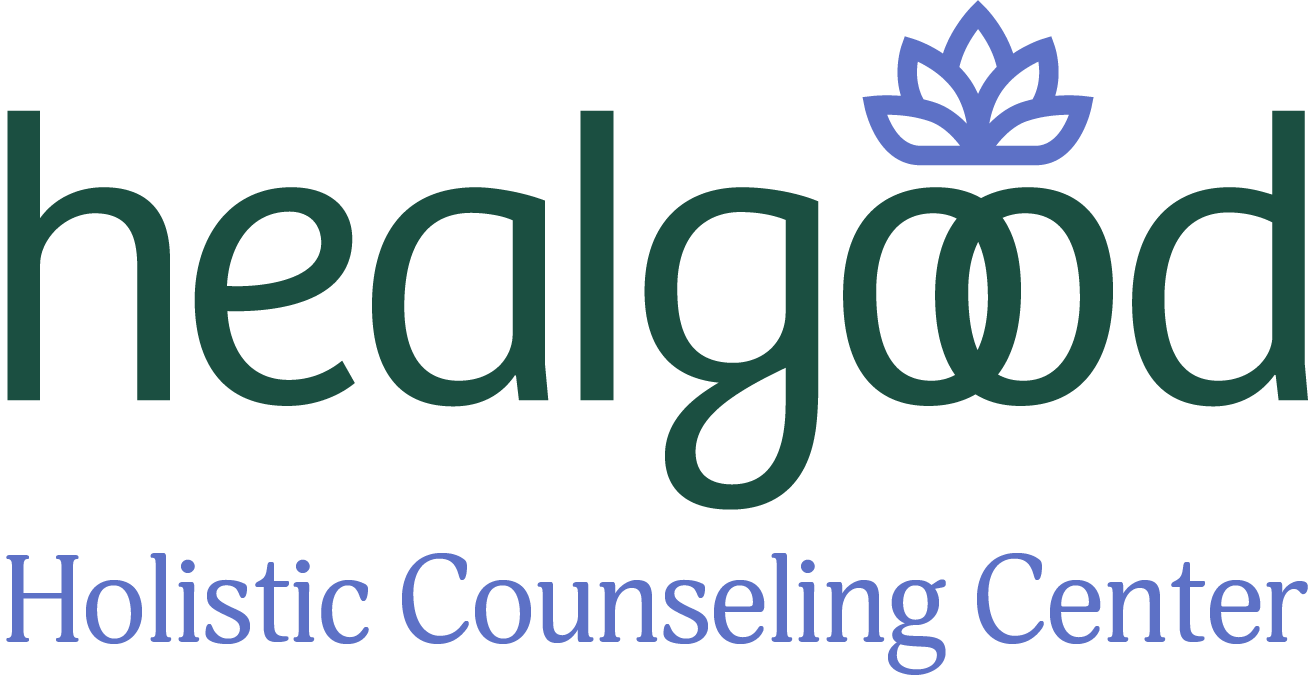Eating Disorders Awareness Week: “You don’t look like you have an eating disorder”
By Chelsea Fielder-Jenks, LPC-S, CEDS-S, PMH-C
This week, February 26 — March 3, 2024, is Eating Disorders Awareness Week. In honor of this week, I wanted to bring more light to how weight stigma and biases impact eating disorders. As a clinician deeply engaged in supporting individuals with eating disorders, it's imperative to address the harmful misconceptions surrounding physical appearance and eating disorders. Despite their intentions, statements like "You don't look like you have an eating disorder" perpetuate weight stigma, undermining the complex interplay of thoughts, behaviors, and emotions associated with these disorders.
Weight stigma’s impact on eating disorders
Weight stigma has seeped into cultural narratives, falsely equating weight with the presence or absence of an eating disorder. However, this misconception dangerously oversimplifies the complexity of eating disorders, which are considered both mental and medical disorders, ignoring the diversity of experiences and symptoms individuals may exhibit across the weight spectrum. Recognizing that eating disorders transcend physical appearance is vital; individuals of all sizes and shapes deserve equitable access to treatment and support.
As we commemorate Eating Disorder Awareness Week, let's challenge the pervasive myths surrounding weight and eating disorders, fostering a culture of empathy, understanding, and inclusivity. Together, let's advocate for comprehensive care that acknowledges the complexities of eating disorders, irrespective of body size, and empowers individuals on their journey to recovery.
The bottom line is this: Eating disorders do not discriminate. Eating disorder attitudes and behaviors can affect individuals of all weight, sizes, and shapes. Not only does weight stigma prematurely and, perhaps, erroneously determine whether or not someone struggles with an eating disorder, it also prevents those who are struggling from seeking the help they need.
Want to learn more?
Check out the following resources:
This self-paced, online and on-demand continuing education course is aimed at supporting healing professionals (Mental Health, Medical, Allied Health, Dietitians, Fitness Industry, Acupuncturists, Massage Therapists, and on…) through the four stages of building Size Diversity Competency: 1) building awareness, 2) education and analysis, 3) taking action, and 4) accepting accountability.
The healing arts and sciences is a primary source of sizeism, which leads to poor health outcomes and makes individuals less inclined to seek the care they need.
As healing professionals, it is our ethical duty to build competency — this includes expanding our knowledge of sizeism and doing our part to reduce any discrimination based on body size.
Size Diversity Competency Training for Healing Professionals℠ — 9 CEUs: 6 Ethics, 3 Cultural Diversity: www.healgoodcounseling.com/ceus/p/sizediversitycompetency
The Association for Size Diversity and Health (ASDAH) https://www.sizediversityandhealth.org/about.asp
Healgood Holistic Counseling Center - Consultation & Clinical Services
National Eating Disorders Association | nationaleatingdisorders.org
National Alliance for Eating Disorders | allianceforeatingdisorders.com
International Association of Eating Disorders Professionals | iaedp.com
Central Texas Eating Disorder Specialists | CTEDS.org
Academy for Eating Disorders | aedweb.org
Books:
Sick Enough: Jennifer Gaudiani
Anti-Diet: Christy Harrison
Intuitive Eating: Tribole and Resch
Health at Every Size: Lindo Bacon
Body Respect: Lindo Bacon & Lucy Aphramore
The Body is Not an Apology: Sonya Renee Taylor
More at HealgoodCounseling.com/library
Resources at HealgoodCounseling.com/resources



